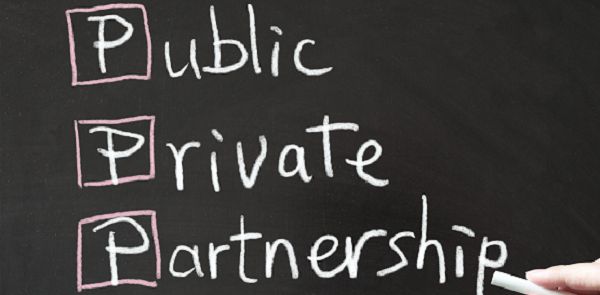
Partnerships interrogated
Last week, I focused on a publication about Public Private Partnerships (PPPs) and how their practice was challenging.
I promised to continue this week by sharing some findings contained therein.
Advertisement
The publication is the result of a study by a Senior Lecturer at the Political Science Department of the University of Ghana, Dr Alidu Seidu.
Published by the Friedrich Ebert Stiftung Foundation, a German not-for-profit organisation, the study sought to review Ghana's policy 10 years on.
Before delving into the highlights though, I have been pained by comments of the Senior Minister, Mr Yaw Osafo-Maafo, about my worth as a Ghanaian.
It was reported during the Easter break that while responding to a question about why the prosecution of Aisha Huan was discontinued at a town hall meeting abroad, he had said the Chinese were supporting development infrastructure in the country.
Additionally, the Senior Minister was of the view that prosecuting her was not going to solve the country's economic woes.
As that bit of information was relayed in his own words over radio, I felt like someone had thrust a dagger in my frail but proud Ghanaian heart!
Aisha Huan is, or was the ever-present Chinese woman destroyer of our lands and water bodies a few months ago.
Arrested for that and prosecuted, the process was stopped and she was sent back home with no explanation to Ghanaians.
Now the Senior Minister of Ghana is explaining that because we are poor, our dignity is not worth much.
In other words, once poor, a rich foreigner can run rough shod over us and be let off the hook.
Really, what kind of leaders have we handed over our rights to uphold our dignity?
It is interesting that the agreements with the Chinese are not gratis and they secure their benefits.
So why are our leaders behaving like China is giving Ghana free lunch?
Even if we were being offered free lunch, do we not have a right to choose what to eat?
Or as the minister would have it, because the Chinese are paying for the lunch (ie. infrastructural development/economic benefits), Ghanaians might as well shut up and eat whatever is paid for?
If those we have elected to represent us as leaders in good governance have these perspectives, where then are we heading as a country?
We may be heading right back into total dependence on a foreign entity with the highest bid in the provision of infrastructural development.
An aspect of leadership is the sense of pride in our collective dignity and worth as Ghanaians; Ghanaians who through the likes of Dr Kwame Nkrumah fought for and obtained the independence in thoughts and actions to decide on our own trajectory.
At least our leaders must show a bit of that in their negotiations with foreign partners and that would automatically reflect in their public speeches.
Well back to the publication, which is entitled: ‘Public Private Partnerships in Ghana: Interrogating the efficacy of a politically convenient practice’.
Using focus group discussion and key informant interviews, information was gathered and analysed.
Some highlights are the fact that the PPP policy has no proper conceptual framework, particularly within local assemblies.
"Local authorities often express poor appreciation of the concept and its implementation," the publication states.
It concludes that the absence of an appropriate legal framework for the conduct of PPP arrangements, coupled with politicisation and poor land administration, often leave the process to much discretion and abuse.
"These deficiencies defeat the purpose of PPP as a valuable developmental strategy for moving forward," it states.
The publication is rich in information on getting PPP practice in Ghana better.
If only our political elite will accept the findings of an empirical study and read to make things better.
Writer's E-mail: [email protected]




